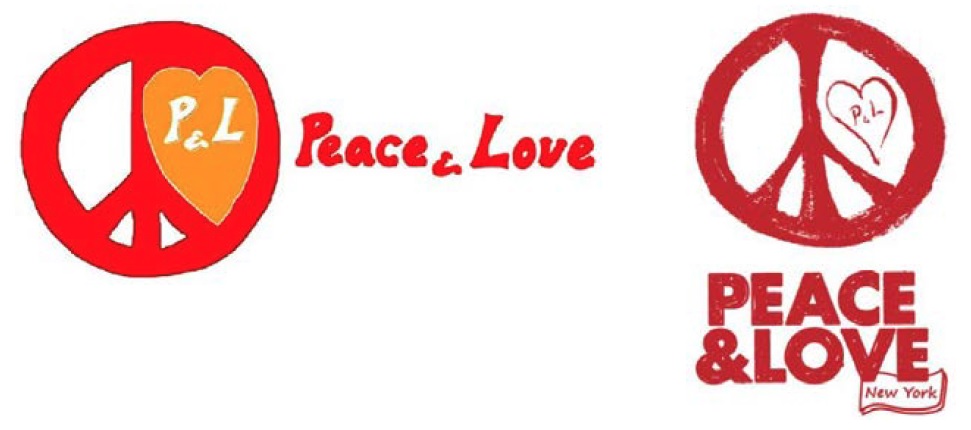An interesting phenomenon is the use of trademarks to own current events. Every major event seems to be followed by a series of trademarks applications by those who seek to claim ownership of history, or at least the tchotchkes of history.
It wasn’t surprising, then, that Donald Trump’s surprising run for the presidency, spawned a number of copycats trying to own a piece of the event. Donald Trump filed his first application on MAKE AMERICAN GREAT on November 19, 2012, just two weeks after the previous Republican nominee, Mitt Romney, lost to Barack Obama.
Since then, there have been nearly fifty applications filed on the MAKE ______ GREAT AGAIN format, including applications on nearly identical marks: Serial No. 86765056 on MAKE AMERICAN GREAT AGAIN for audio and video recordings; Serial No. 86958684 on MAKE AMERIKKKA GREAT AGAIN for on-line store services; Serial No. 86956810 on LET’S MAKE AMERICA GREAT AGAIN! for shirts; Serial No. 87062839 on MAKE AMERICA GREAT AGAIN for patches; Serial Nos. 87231017 and 87231035 on MAKE AMERICA GREAT AGAIN for beds and linens.
Then there are those that have capitalized on the phrase by adapting the slogan to their own purposes, such as: Serial No. 87016324 on MAKE OIL & GAS GREAT AGAIN; Serial No. 87054734 on MAKE MY BODY GREAT AGAIN; Serial No. 87042380 on MAKE SOCIAL MEDIA GREAT AGAIN; Serial No. 87234750 on MAKE OUR PRESIDENT GREAT AGAIN, and Serial No. 86754667 on MAKE YOUR HAIR GREAT AGAIN.
The trademark register is an overlooked resource tool for seeing what has caught America’s attention. Whatever it is, someone will make a T-shirt or bumper sticker, and try to own it, by filing a trademark application. Own a piece of history, just $225 per class.





